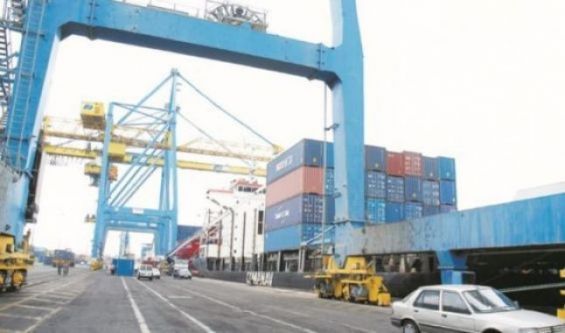The High Commission for Planning (HPC) states that the Moroccan economy grew by 4.1% in 2017 compared to 1.1% in 2016, mainly due to the significant increase in agricultural activity.
In its briefing note on the provisional national accounts for 2017, the HPC notes that this rise was also driven by household final consumption and foreign demand, within controlled inflation and a reduction in the national economy's financing requirement.
In this regard, the HPC points out that the added value of the agricultural sector (not including fisheries) increased by 15.4%, compared with a 13.7% decrease in 2016. Meanwhile, the added value of non-agricultural activities rose by 2.7%, instead of 2.2% a year earlier.
Domestic demand also recorded a 3.3% increase in 2017 compared to 5.1% in 2016, which was mainly a result of a slowdown in household consumption expenditure. Therefore, the latter grew by 3.5% instead of 3.7% in 2016, according to the same source.
In this respect, the HPC points out that the contribution of domestic demand to GDP growth rose from 5.4 points in 2016 to 3.6 points in 2017.
The same source also attributes this performance of the national economy to the 2.8% increase in the volume of net taxes of subsidies on products, compared to 8.8% a year ago, in addition to the significant improvement in the foreign trade balance.





 chargement...
chargement...













